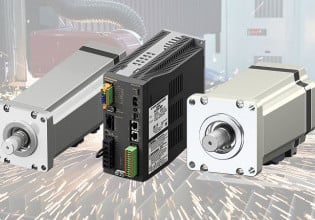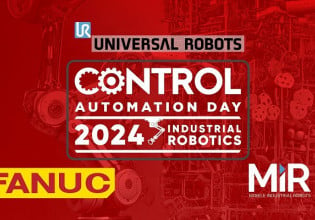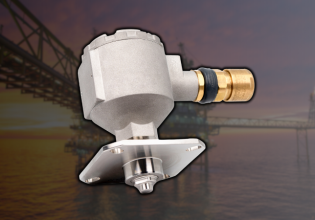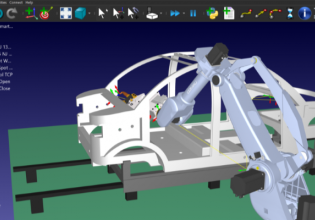S
I would like some info on controlling of a fast reaction ie. residence time in a few seconds. What's the best control strategy to overcome the time delay of the instrumentations on the system. Adaptive? Gain scheduling? The process is a neutralisation process.






